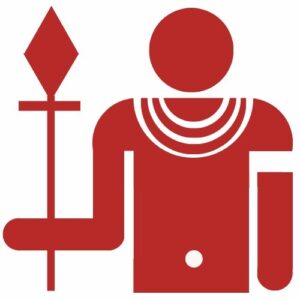 Ghana’s VOTO Mobile, a web-based platform for mass communication by phone has received $100,000 in seed funding from Engineers Without Borders Canada tto end the barriers to insightful mobile communication between organizations and their stakeholders worldwide via voice and SMS.
Ghana’s VOTO Mobile, a web-based platform for mass communication by phone has received $100,000 in seed funding from Engineers Without Borders Canada tto end the barriers to insightful mobile communication between organizations and their stakeholders worldwide via voice and SMS.Rasheeda and George both Ghanaians and Mark and Louis both Canadians say they were inspired by the many many barriers between the billions of people on this planet who are cut-off from the web, and the many organisations trying to offer products and services to these populations and realized it was time to connect them.
“We noticed barriers to communication while working with district governments and NGOs in northern Ghana. These barriers included distance, language differences and literacy abilities. With the rapid adoption of mobile devices, a web-based platform enabling two-way voice and SMS communication would be an effective way for breaking down these barriers. Now these same district governments and NGOs can provide engaging content and receive real-time feedback from the citizens they serve,” Sarpong told TechMoran.
The biggest challenges have been building relationships directly with mobile operators, and getting rid of the stigma people have built around the many shortcomings of SMS-only engagement, which is much less efficient than voice-based engagement. Most of their competitors only offer SMS services and some of the organizations in their space use the VOTO API for their voice capabilities, including Esoko and TextToChange who also do the same things.
“We differentiate on our voice-first focus, human design support, and “Africa-proof” functionalities (voicemail detection, call retry patterns, “flash” in-bound functionality). With our platform, we achieve upwards of 80% engagement on multi-month engagements, with equal representation of male, female, rural and urban,” according to the team.
Voto Mobile is super excited to be a part of DEMO Africa as it’s a great validation of what they are working on.
“This is great validation that we are working on an opportunity with a large market and a real pain point. DEMO will give us a very valuable platform to showcase the momentum of our company and find valuable partners, employees and investors.We have established ourselves strongly in the West African market. We now want to expand throughout Africa and beyond,” said Sarpong.


